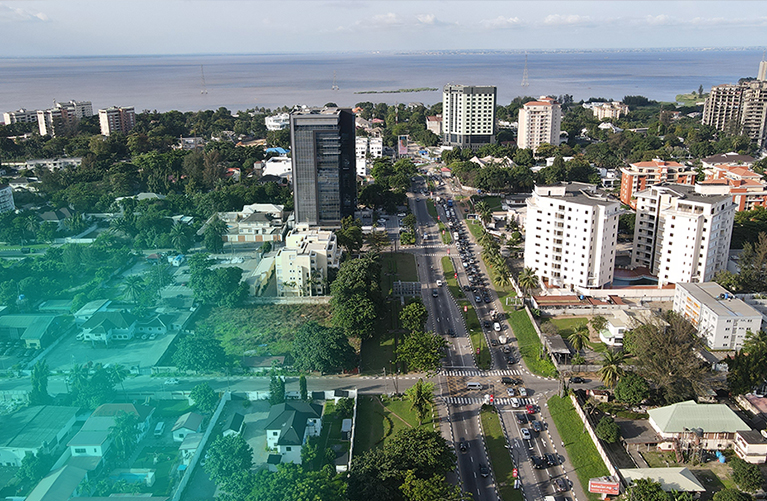The article by TEMPLARS Partner, Godwin Omoaka, SAN, FCIArb, and Senior Associate, Chidiebere Ejiofor, examines the methods of winding up under Nigerian insolvency law according to the Companies and Allied Matters Act, 2020 (CAMA).
These methods include voluntary winding up, winding up by the court, and winding up under the court’s supervision. The article explains the significance, legal implications, and comparative advantages of these modes of winding up.
For instance, voluntary winding up provides a more private process with minimal court involvement but offers less asset protection. On the other hand, court-supervised winding up provides stronger asset protection and stays ongoing legal proceedings but involves lengthier and contested procedures.
The article stresses the importance for companies considering winding up to carefully evaluate the legal implications and advantages of each method before making a decision on which mode to choose.




